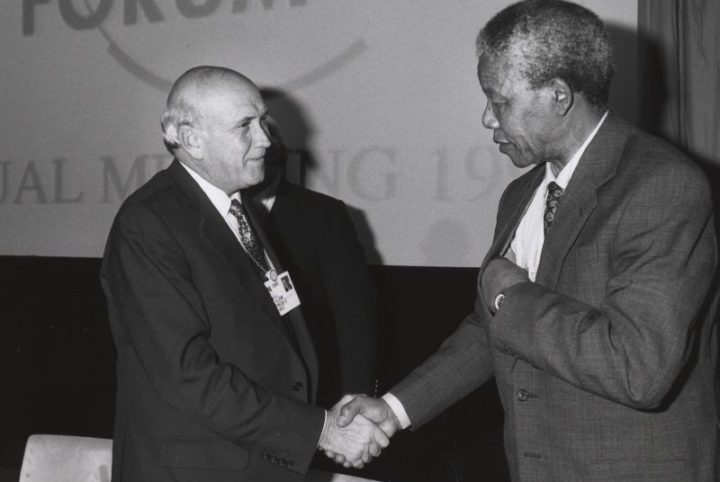
Pay-for-performance is used around the world to reward high performing employees and increase workplace productivity. But employees don’t always react with joy when they receive their pay increases.
In fact, disappointment and even anger can be common responses.
Finding out why is the basis of an international study being conducted by Professor Jason Shaw, Chair Professor of Management at Hong Kong Polytechnic University and the Director of the PolyU Centre for Leadership and Innovation.
He recently visited Monash Business School as a guest of the Department of Management to discuss pay-for-performance systems and explain the major global project he is conducting called IMPACT (Investigating Merit Pay Across Countries and Territories).
“Employers are often surprised and disappointed that the system they use fails to achieve its objectives and people’s reactions to their increases are often much different to what the organisation anticipated,” Professor Shaw says.
To unpack the psychological responses to pay-for-performance, Professor Shaw is investigating four general theories:
1. We have a minimum threshold for a positive reaction
This theory comes from the field of psycho-physics and suggests that a minimum threshold is needed in order for employees to have positive reactions to their pay increases.
The analogy would be changes in the brightness of light or loudness of sound, Shaw says. “At some level, light can be getting brighter, but I don’t notice until it meets some minimum threshold level. The same may be true of pay raises – perhaps a minimum threshold of pay raises 5,6 or 7 per cent is needed to evoke a positive reaction,” he explains.
2. We have a threshold of desire
The second theory comes from organisational behaviour and suggests that each person differs in the amount they desire, or that they find minimally attractive. “If this is true, if we understand the amount people find desirable, we can gauge their reaction to their actual increase.”
3. We like to feel control over outcomes
The third theory deals with expectations and comes from social psychology. It suggests reactions depend on the amount of control we have over those outcomes.
“In situations where we don’t have control, (the theory contends) we are more surprised when our expectations are over-met, that is when we receive a pay raise that exceeds the expected amount. Here we’d experience joy or euphoria or excitement,” Professor Shaw says.
The idea here would be winning the lottery. We have no control over the outcome and when we win, we’re extremely excited. “But when we have control, we are more surprised when our expectations are under-met.”
So if staff are expecting a pay raise of 6 per cent but only receive 2 per cent, it would be expected they would report being devastated, angry or in despair.
4. We have prior expectations and confidence
The final theory comes from behavioural economics. This contends that our reactions to raises are driven by our prior expectations, but also by our confidence.
When we don’t have confidence in our expectations, we might set a level we expect – say 5 per cent. But our expected outcomes might range from zero to 10 per cent. Any raise we receive is likely to fall within this range and produce a minimal reaction.
“But if we have confidence in our expectations, we set only a narrow range around the amount. We might expect a 5 per cent increase, but our range of possible outcomes might only range from 4-6 per cent. So a raise that was less than that produces a strong negative reaction and a raise exceeding that would produce a strong positive.”
IMPACT collects data before and after people receive pay increases in companies and countries around the world. About 50 countries are involved so far, with data collection in progress in 23 countries including in Europe, Asia, North and South America.
Australia is also involved, although Professor Shaw has yet to collect data. “We’re hoping as part of this visit that additional Australian companies will be interested in the project,” Shaw says.
Another primary goal of the study is to identify cultural differences – and similarities – in how people react in different countries react when their pay changes, which would be of value to companies operating in different regions.
“The ultimate goal of the Impact project is to conduct the most comprehensive, rigorous and systematic science-based investigation of how people react to their merit pay changes,” Professor Shaw says.
“In doing so we hope to provide a set of simple practical tools for organisations to use in managing their pay for performance system more effectively.”
Associate Professor Herman Tse, from Monash Business School’s Department of Management, says the research is particularly invaluable for multi-national employers operating across different cultures.
“The IMPACT project is ground-breaking and has changed the way practitioners, consultants and researchers understand the motivational implication of the merit-pay system in different organisations around the globe, ” he says.


